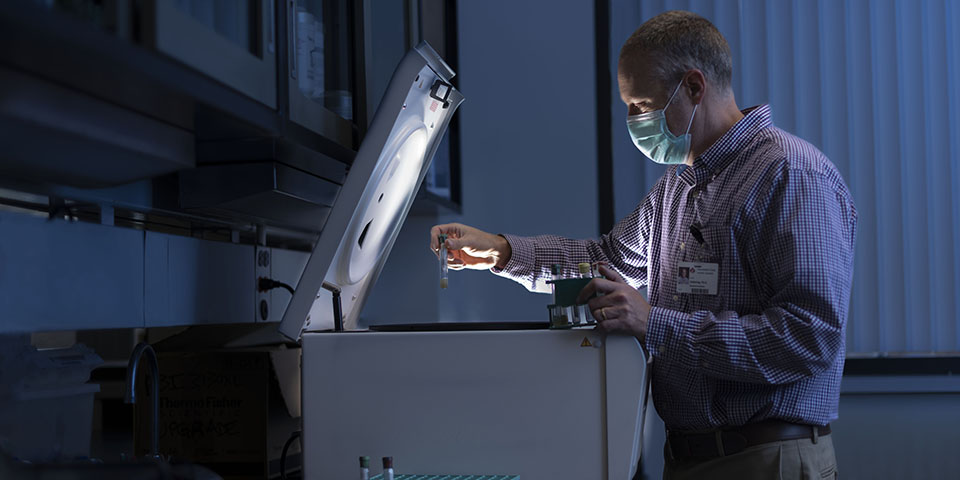Mental health is a huge issue across the nation. Overcoming depression and anxiety requires countless hours of therapy and medication for some. Many patients have had to trial several medicines before they find one that helps them with their depression or anxiety.
For example, escitalopram is a common medicine prescribed for individuals with depression and anxiety. However, this medicine can be less effective for individuals with changes in a certain gene called CYP2C19. Scientists believe that some of these changes can cause an individual to clear this drug faster from the body, which can lead to it being less effective for these individuals.
“For years, researchers have found connections between medicines and genes like this,” said Scott Hebbring, Ph.D., research scientist at the Center for Precision Medicine Research. “The problem is that not everyone has had a genetic test and even fewer have that genetic test available to their provider who is making these medication recommendations.”
Researchers set out many years ago to change that for patients at Marshfield Clinic Health System. Currently, about 3,000 patients at the Health System have completed genetic testing. This genetic information is then placed into the Health System’s prescription software. When a provider tries to prescribe a medicine that doesn’t work for one of their patients, like escitalopram, the computer sends an alert to the provider and provides advice for alternative medicines.
“This type of information is really helpful when you are sitting with a patient trying to determine which medication to give them,” said Barb Theisen, N.P., who has received an alert for a patient. “It allows you to prescribe the right medicine sooner, and made a big difference for my patient.”
The All of Us Research Program is the latest project currently enrolling participants in the hopes that genetic results can one day be used like this.

